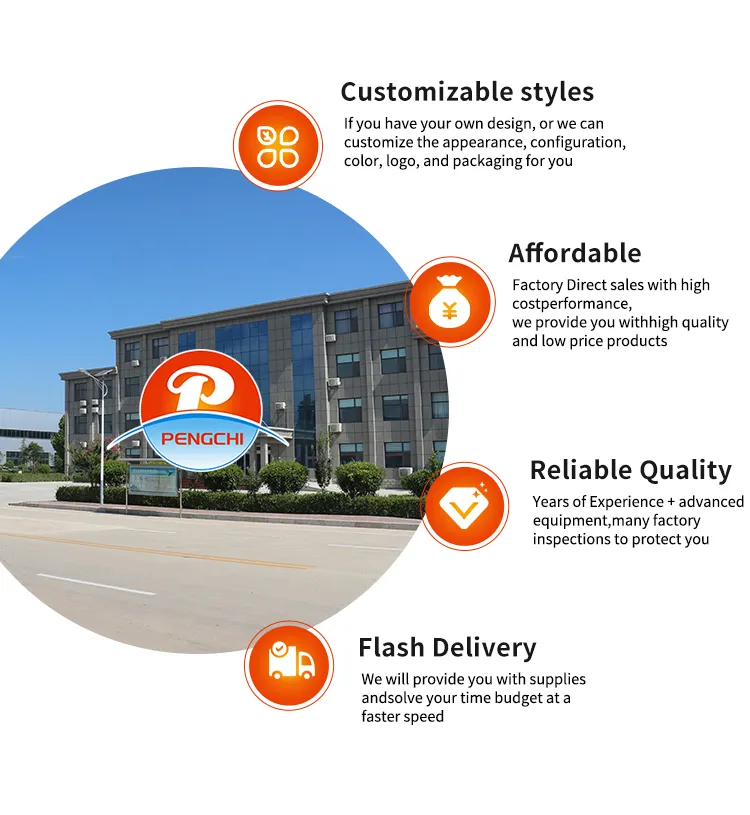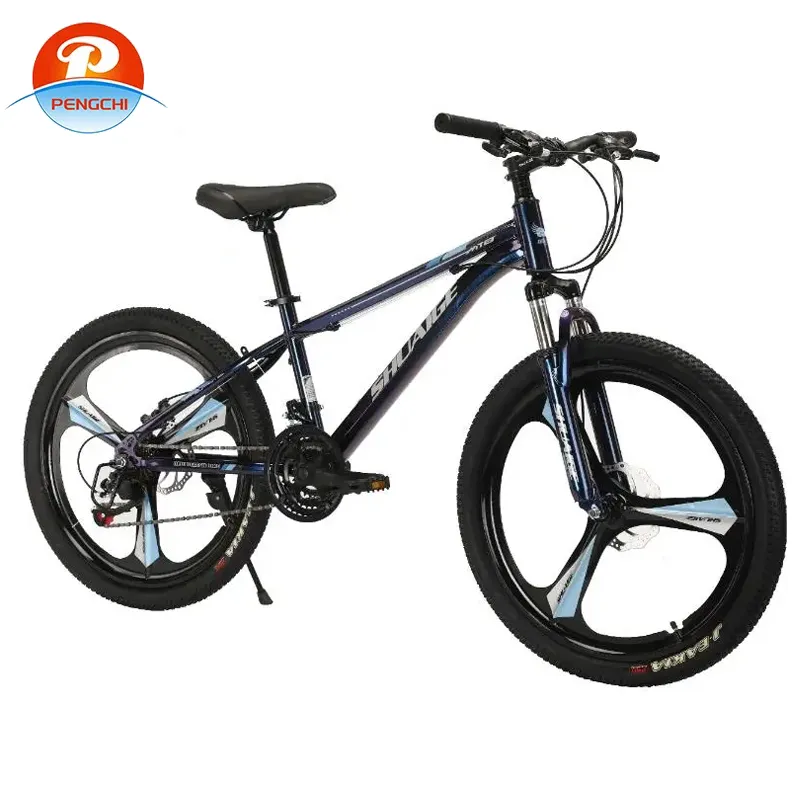2 月 . 18, 2025 08:03 Back to list
folding bike design
Folding bikes are revolutionizing urban transportation, seamlessly blending convenience, style, and functionality. Offering a practical solution for city dwellers, these bikes cater to the needs of those who seek an eco-friendly and space-efficient commuting option.
Beyond innovation in materials and mechanics, folding bike designs have increasingly integrated technological advancements. Electric folding bikes are a testament to this, appealing to a broader audience with their enhanced speed and efficiency. Lithium-ion batteries, coupled with compact motors, have transformed folding bikes into formidable urban commuters. This innovation caters to various demographics, including professional commuters, recreational cyclists, and those looking to reduce their carbon footprint. From an industry expert's perspective, renowned brands like Brompton, Dahon, and Tern lead the market in offering reliable and stylish folding bikes. These companies invest heavily in research and development to maintain their competitive edge. They incorporate feedback from real-world users, ensuring each new model iteration addresses emerging urban mobility needs. Moreover, collaborations with cycling professionals and urban planners have infused an element of authority and trustworthiness in their design processes, amplifying customer confidence in their products. However, the journey to the perfect folding bike is ongoing. Designers continue to explore axiom shattering innovations such as AI-integrated systems to optimize performance and the incorporation of smart technologies for enhanced user engagement. Imagine folding bikes equipped with smart sensors, providing real-time data on speed, distance, and battery life, enhancing rider experience while ensuring safety. The folding bike industry faces challenges, including cost barriers and maintaining quality in mass production. Yet, their growing popularity signals a promising future. Experts predict a surge in adoption rates as cities become more congested and people seek sustainable transport alternatives. The role of folding bikes in reducing carbon emissions and urban traffic cannot be underestimated. In conclusion, folding bike design epitomizes human ingenuity, reflecting a blend of experience, expertise, authoritativeness, and trustworthiness. As urban landscapes evolve, these bikes will continue to be pivotal in reshaping transportation frameworks, offering efficient, stylish, and sustainable commuting solutions. The journey from mere utility to contemporary necessity celebrates the marriage of functionality and innovation, ensuring that folding bikes will remain at the forefront of urban mobility solutions for years to come.


Beyond innovation in materials and mechanics, folding bike designs have increasingly integrated technological advancements. Electric folding bikes are a testament to this, appealing to a broader audience with their enhanced speed and efficiency. Lithium-ion batteries, coupled with compact motors, have transformed folding bikes into formidable urban commuters. This innovation caters to various demographics, including professional commuters, recreational cyclists, and those looking to reduce their carbon footprint. From an industry expert's perspective, renowned brands like Brompton, Dahon, and Tern lead the market in offering reliable and stylish folding bikes. These companies invest heavily in research and development to maintain their competitive edge. They incorporate feedback from real-world users, ensuring each new model iteration addresses emerging urban mobility needs. Moreover, collaborations with cycling professionals and urban planners have infused an element of authority and trustworthiness in their design processes, amplifying customer confidence in their products. However, the journey to the perfect folding bike is ongoing. Designers continue to explore axiom shattering innovations such as AI-integrated systems to optimize performance and the incorporation of smart technologies for enhanced user engagement. Imagine folding bikes equipped with smart sensors, providing real-time data on speed, distance, and battery life, enhancing rider experience while ensuring safety. The folding bike industry faces challenges, including cost barriers and maintaining quality in mass production. Yet, their growing popularity signals a promising future. Experts predict a surge in adoption rates as cities become more congested and people seek sustainable transport alternatives. The role of folding bikes in reducing carbon emissions and urban traffic cannot be underestimated. In conclusion, folding bike design epitomizes human ingenuity, reflecting a blend of experience, expertise, authoritativeness, and trustworthiness. As urban landscapes evolve, these bikes will continue to be pivotal in reshaping transportation frameworks, offering efficient, stylish, and sustainable commuting solutions. The journey from mere utility to contemporary necessity celebrates the marriage of functionality and innovation, ensuring that folding bikes will remain at the forefront of urban mobility solutions for years to come.
Previous:
Next:
Latest news
-
Toy Car with Parental Remote - Safe Electric Ride-On Car with Parental Control
NewsJun.10,2025
-
Cheap Bikes for Students - Affordable & Durable Student Bicycles Online
NewsJun.10,2025
-
Children Balance Bike Lightweight & Adjustable OEM Designs
NewsMay.30,2025
-
Junior BMX Race Bikes Lightweight, Durable & Speed-Optimized
NewsMay.30,2025
-
21-Speed Foldable Gear Cycle Compact & Portable Commuter Bike
NewsMay.30,2025
-
Affordable & Durable Bikes for Students Campus Commutes Made Easy
NewsMay.29,2025



